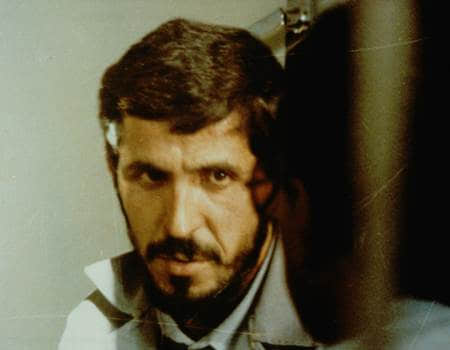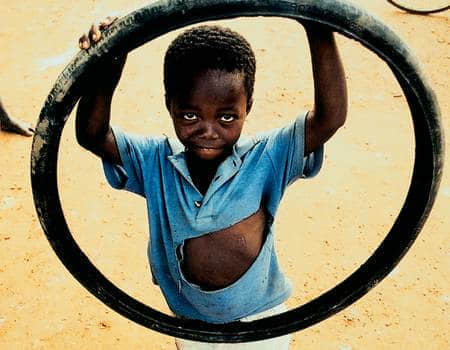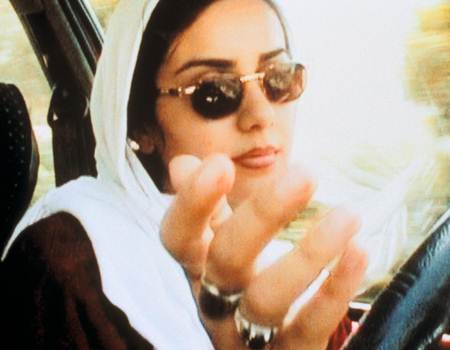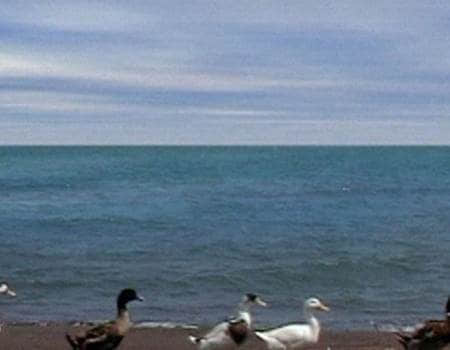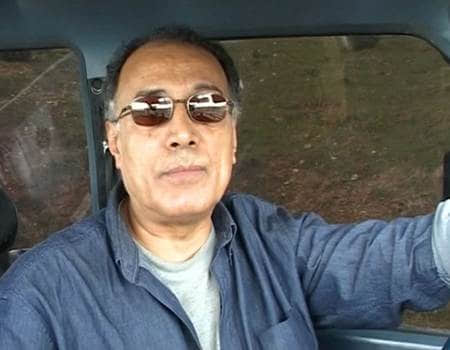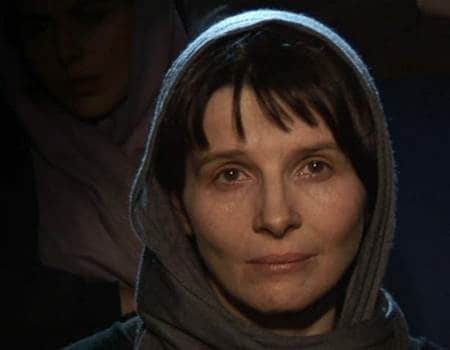Programme
Abbas Kiarostami Revisited II
By 2000, Abbas Kiarostami (1940-2016) had reached and surpassed highpoints for any global film career – prizes in Cannes and Venice and the Akira Kurosawa Lifetime Achievement Award at the San Francisco International Film Festival (which he gave away) – amid critical adoration. His revered body of works explored the changing complexities of life in his native Iran, often through the eyes of children or alienated observers, while raising questions about the nature of film. But he was scarcely one to rest on such laurels, as these subsequent experiments with film remind us. In the next decade, Kiarostami probed the frontiers between “reality” and “representation” whether in his documentary about AIDS in Africa or in his reexaminations of life and landscapes in Iran. Meanwhile, he explored the very basics of what film can be and how it communicates among people.
The films of this period, with their stark and enigmatic names (numbers) take us along a journey that we can nonetheless link to early journeys to the heart of filmic realities, as his 1990 Close-up anticipates. Indeed, cars figure prominently, but they also evoke abstract geometries where dialogue inside a car may be more meaningful than events and people outside of it. At the same time, while these fragmented essays in film illuminate Kiarostami’s craft, they also provide reflective voyages through the course of the master’s career, revisiting places and peoples. And they question the very mechanisms and meaning of film in terms of elements so clearly dominated in the great director’s longer arc. Is dialogue necessary? Movement? Character? Can faces tell a story words do not?
Throughout his career, Kiarostami asked spectators to bring a great deal to his oeuvre and to learn from it. To see new worlds as he brought Iranian filmmaking and everyday life to world screens. To face the complexities of childhood or the social taboos of suicide. To ask about reality even as we were caught up in demanding narrations. And to learn what masterful film is and can be.
